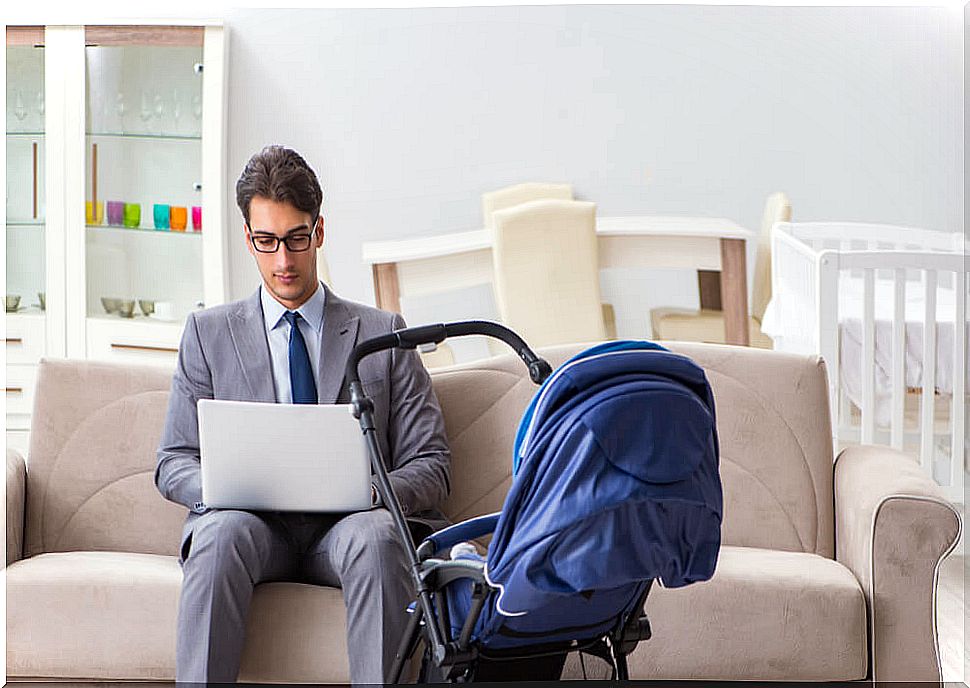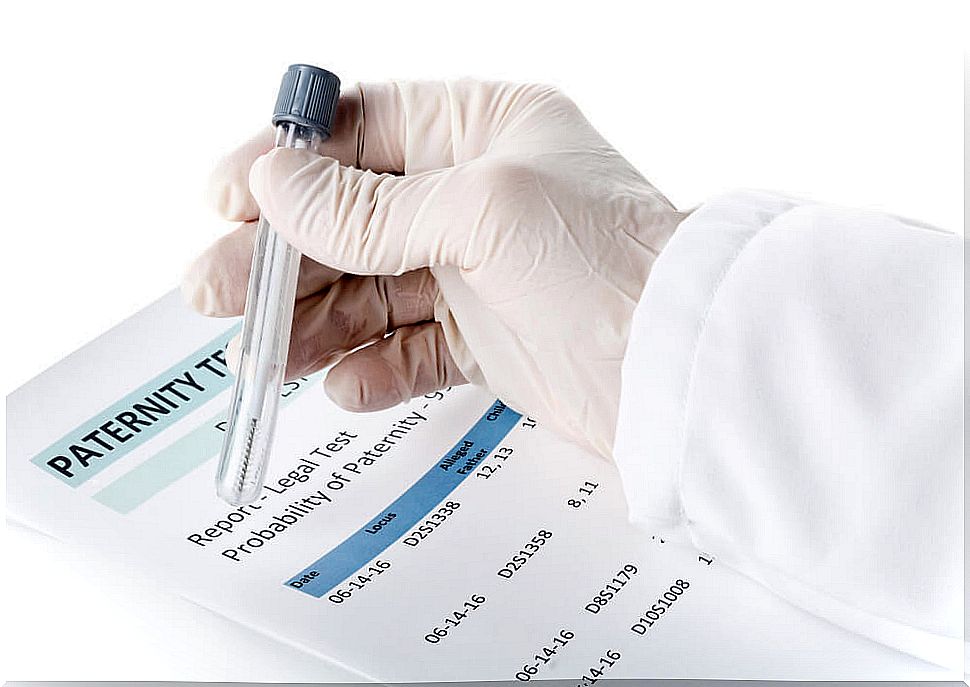Legality Of Paternity Tests

Paternity tests are those that verify or disprove the DNA compatibility between two people through biological samples. It is a simple procedure that can be carried out between parents and children, and even between other relatives if there is denial or one of the parties has died.
Regarding this paternity process, it must be considered that, although it is a free procedure feasible to carry out in different private centers, not all the processes serve as legal documentation.
Legal validity of paternity tests in Spain
Since 1978, the Spanish Constitution incorporated the rights to research on paternity. In 1981, the new Civil Code enshrined it, and in the Civil Procedure Law 1/2000 the regulations are developed in greater depth.
The Civil Procedure Law regulates that DNA and genetic tests, carried out with consent or by order of a judge, will have legal validity. The objective is to guarantee the chain of custody of biological samples with the intervention of qualified professionals for the matter.
Who can request paternity tests?
The request made by the father, mother, eldest child or their legal representative is valid. The law lays the foundations for the different circumstances that may occur:

Within marriage
Any of the interested parties has the possibility of requesting the paternity test without expiration periods. Children born after the marriage has been celebrated and before 300 days after its dissolution, have access to the right of filiation according to article 116 of the Civil Code.
This means that the child will be registered in the Civil Registry as a matrimonial child if there is no denial. From there, the little one will have a totally normal legal situation.
Some time ago, the father had a period of one year to request the challenge of paternity. Due to the number of problems that arose with this measure, the Constitutional Court repealed it by ruling 156/2005 of June 9. From this Judgment, parents have the right to challenge paternity from the moment they become aware of it and have evidence of doubts about it.
Children of unmarried parents
Either of the parents has one year since they become aware of the situation, and the children can request the paternity test for their entire life. It is possible that the father recognizes the filiation, then, both will register the newborn in the Civil Registry.
On the other hand, if there is a denial, it will be a judge who determines it through a sentence. In the process, all documents, testimonies and other evidence are analyzed to verify the relationship between parents. The DNA test is the most effective and decisive.
What happens if the father refuses to take the paternity test?
The refusal of the father or mother to carry out the paternity test without sufficient and valid justifications for the judge gives rise to the acceptance of the claimed filiation.

This acceptance will occur provided that it is considered that there are other sufficient indications and that the test has not been carried out by other means. Therefore, it is necessary to be very sure that the evidence presented by the interested party is not strong enough to confirm a relationship.
The biological test cannot be carried out by duress, the result of the sentence being subject to the rest of the evidentiary documents. In the event that the filiation is resolved by opposition, the father loses parental authority in his rights, not in his obligations with respect to the child.
Parents request biological test to contest their paternity
One of the main arguments presented for the challenge of paternity is personal or induced ‘error’ by the other party. It is the belief that he was a biological child, the recognition of it as such and the subsequent discovery of a deception. The application is only accepted within the year after discovery.
Judges generally tend to favor the mother and her children in challenge requests. These criteria are usually traditional and come from an ancient consideration of the greater facility of man for infidelity. Currently, evidence is the key.
In other cases, changes in the father’s criteria are observed after a divorce or separation. That is, he always knew the situation and accepted the son as his own while they were together, but then he changed his position.










